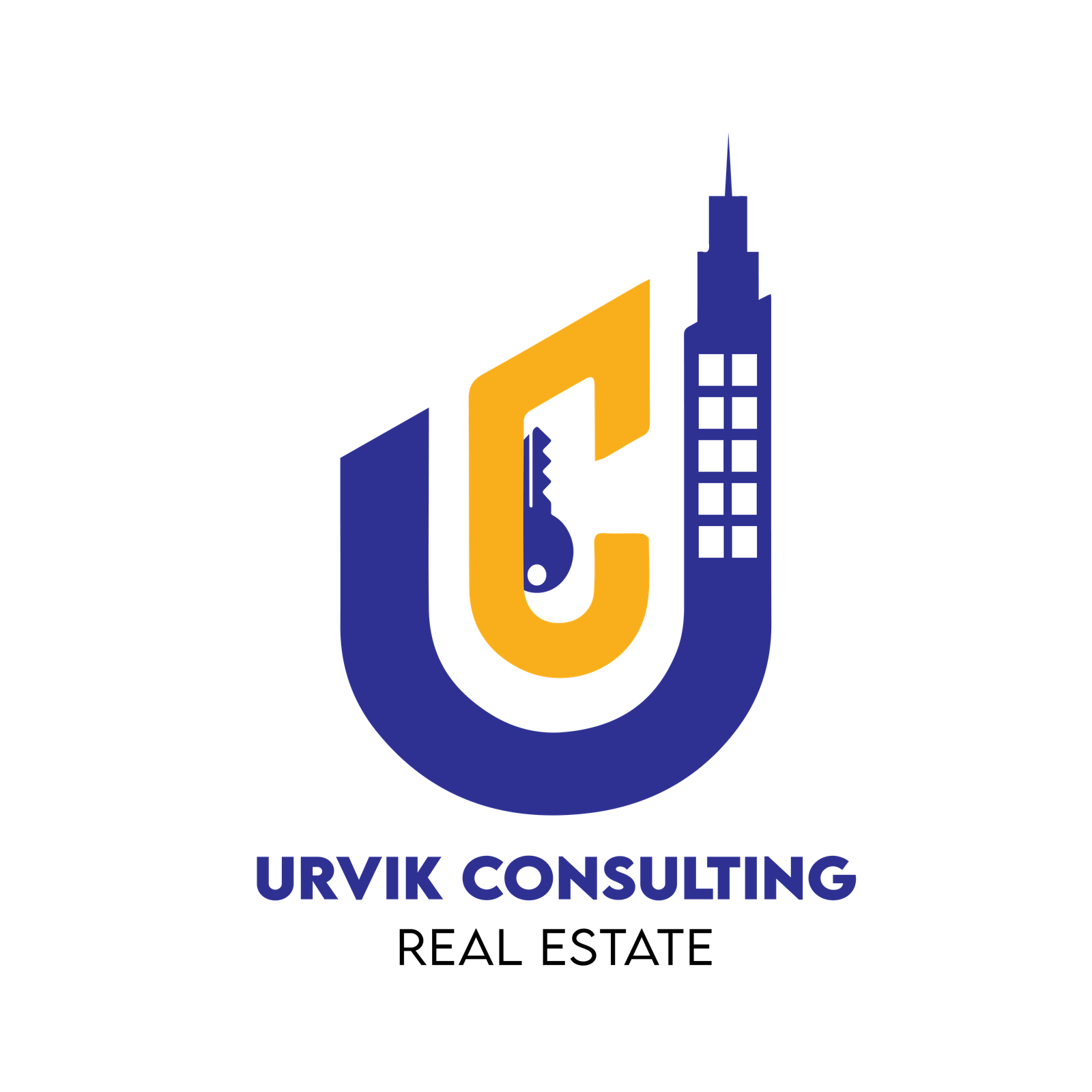
What Makes a Builder Reputed? 7 Signs You Can Trust a Developer in Thane & Mumbai
Buying a home is one of the biggest financial and emotional investments you’ll ever make—especially in high-value markets like Mumbai and Thane. With rising property prices and multiple projects under construction, it’s essential to choose a reliable and reputed builder who delivers on promises.
But how do you identify a trustworthy developer in a market filled with options?
Here are 7 key signs that a builder is truly reputable—especially relevant for homebuyers and investors in Mumbai and Thane’s real estate scene.
1. RERA Registration and Legal Compliance
The Real Estate Regulatory Authority (RERA) was introduced to bring transparency and accountability to the real estate sector. A trusted builder will always have their projects registered with RERA, ensuring:
Legal title to the land
Clear project timelines
Approved plans and layouts
Protection against delays
✅ Always check the RERA number for projects in Thane or Mumbai before booking.
2. Timely Project Delivery Record
In markets like Mumbai and Thane, where demand often outpaces supply, delays can cost buyers lakhs in rent or EMI overlaps. A good builder has a consistent history of delivering projects on or before deadlines.
🔍 Pro tip: Look at past projects by the builder on platforms like Magicbricks, 99acres, or even Google Reviews.
3. Transparent Pricing and Documentation
A reputed builder will offer:
Clear breakdown of pricing (base rate, GST, maintenance, etc.)
Assistance with loan documentation
Transparency on carpet area vs built-up area
🧾 Watch out for hidden charges or inconsistent area calculations—a red flag in Mumbai’s micro-markets.

4. Strong Brand Reputation and Market Presence
Established names like Lodha, Oberoi Realty, Hiranandani, Kalpataru, and Rustomjee are known for quality, trust, and service. They also tend to have:
Large land banks
In-house construction teams
Strong after-sales support
🏢 In Thane, for example, developers like Lodha and Kalpataru dominate areas like Kolshet Road, Majiwada, and Pokhran.
5. Quality of Construction and Amenities
Reputed builders invest in:
Superior materials
Long-lasting fittings
World-class amenities (gym, clubhouses, security, etc.)
Sustainable features (rainwater harvesting, solar power, etc.)
📍 In Mumbai, buyers in areas like Powai, Andheri, and Mulund are increasingly prioritizing quality living over just square footage.
6. Positive Customer Reviews and Word of Mouth
No advertisement beats authentic customer experiences. Reviews and testimonials give insight into:
After-possession support
Construction quality
Legal transparency
Builder responsiveness
💬 Join local Facebook groups or housing forums for unfiltered feedback on Mumbai and Thane projects.
7. Tie-Ups with Major Banks and Financial Institutions
Reputed developers have pre-approved project tie-ups with leading banks like:
HDFC
SBI
ICICI
Axis Bank
🏦 These partnerships indicate that the project has cleared legal and technical due diligence, reducing risks for buyers.
✅ Why It Matters in Thane and Mumbai
The real estate markets in Mumbai and Thane are evolving rapidly, with both luxury and affordable segments seeing growth. However, due to high ticket sizes, trust in the builder is paramount to protect your investment and ensure peace of mind.
Top Reputed Builders Active in Mumbai-Thane (2025):
Lodha Group – Palava, Majiwada, Upper Thane
Oberoi Realty – Goregaon, Mulund
Hiranandani Group – Powai, Thane
Kalpataru – Kolshet, Mulund
Rustomjee – Thane (South Mumbai Extension), Dahisar
Conclusion
A reputed builder is more than just a name—it’s a guarantee of quality, commitment, and integrity. In cities like Thane and Mumbai, where real estate is both an emotional and financial decision, choosing the right developer ensures your journey from homebuyer to homeowner is smooth, secure, and satisfying.
Do your research, verify the signs, and invest with confidence.
Ready to find your ideal family flat?
Call us at +91 9999221552





